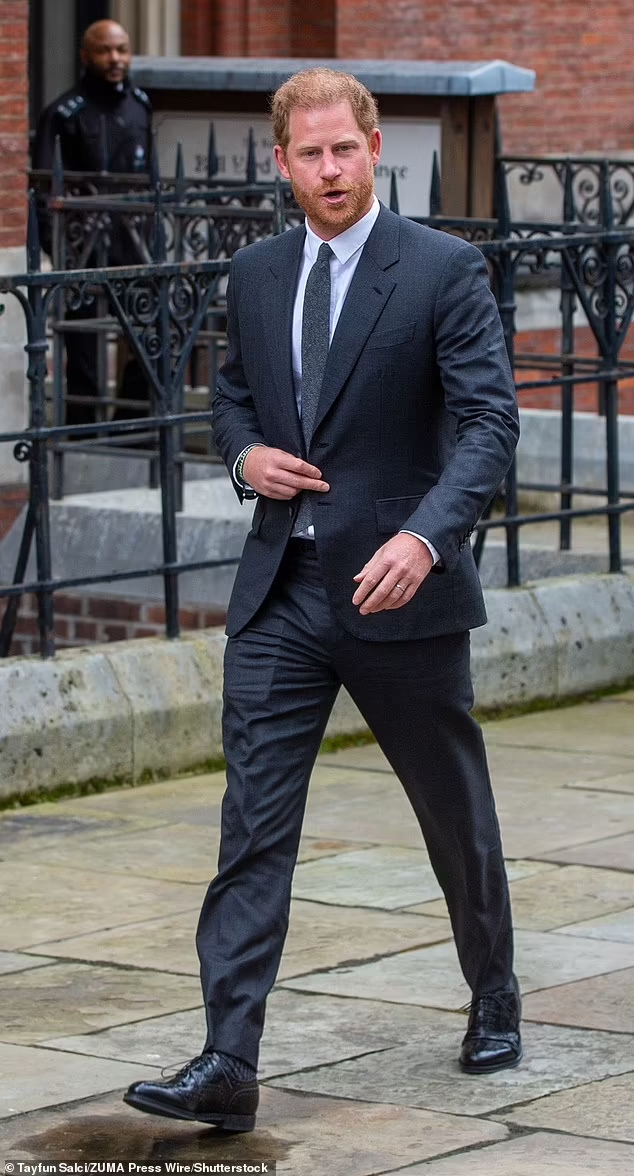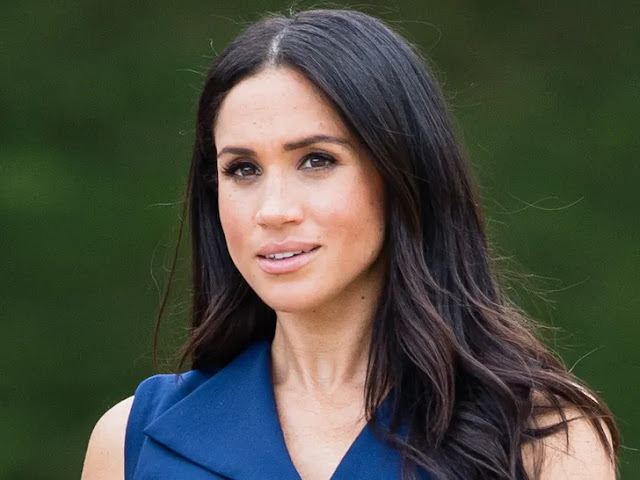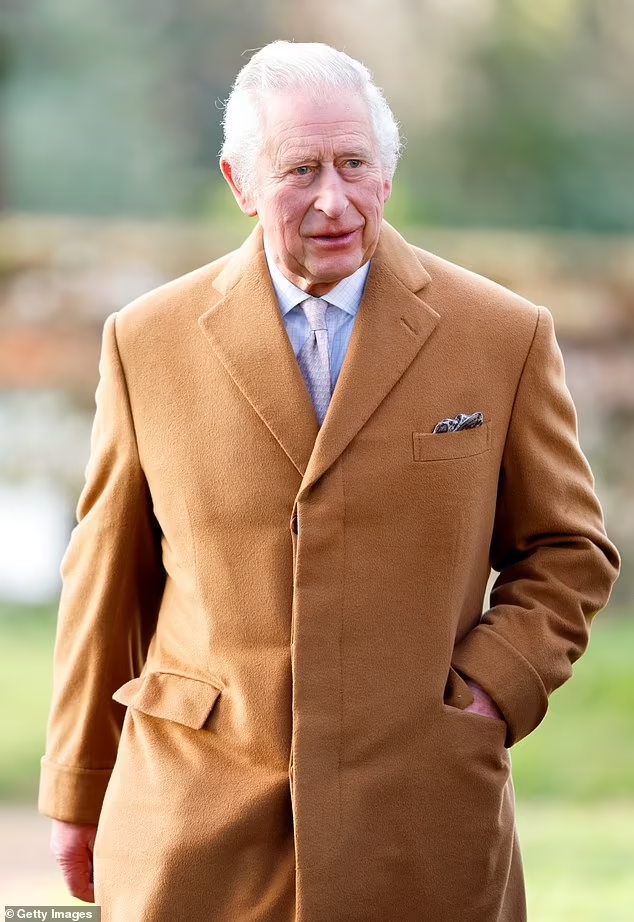Prince Harry faces £500,000 legal bill after High Court defeat: Royal loses bid to pay for his own armed police bodyguards as the case cost taxpayers over £300,000
Prince Harry's bid to pay for armed police guards has been thrown out by a judge, and he may be required to cover the full costs of the High Court suit, estimated at £500,000. The prince's taxpayer-funded protection was removed when he stepped back as a senior royal and moved to North America with his wife, Meghan Markle, in January 2020. His legal fight with the Home Office for the right to free full-scale police protection when visiting Britain is ongoing.
 |
| Prince Harry, Duke of Sussex, leaves the High Court in London on March 27, 2023 |
 |
| Meghan Markle, Duchess of Sussex, and Prince Harry, Duke of Sussex leave The Ziegfeld Theatre in New York City on May 16, 2023 |
The case has already cost the British taxpayer over £300,000, including £199,978.52 for the Government's legal department costs, £93,268 for general counsel, £660 for court fees, £2,958 for email disclosure, and £16.55 for a courier, according to figures obtained through a Freedom of Information request.
The recent ruling comes amidst a High Court trial where Prince Harry is suing Mirror Group Newspapers over allegations of unlawful information gathering. Last week, he paid for four barristers, including a KC (King's Counsel), to argue in court that his offer to pay for his own security guards should be reconsidered. However, the judge refused the prince permission to apply for a judicial review of the rejection of his payment offer.
The judge stated that allowing Prince Harry to "buy" his own police protection would create a two-tier system that only the wealthy could exploit. The argument put forth by the police and Home Office was that armed officers could not be expected to risk their lives to protect a paying customer. The judge agreed with their position and dismissed Prince Harry's claim that he should have been consulted over the refusal to allow him to pay for his security.
 |
| When told he no longer qualified for its protection after leaving for America with wife Meghan Markle, his offer to pay for it was declined. (Pictured: Harry and Meghan in New York in September 2021) |
Prince Harry's barristers also argued that the Executive Committee for the Protection of Royalty and Public Figures (RAVEC) had no right to reject his payment and that the Metropolitan Police commissioner should consider it instead. However, the judge noted that the commissioner had already indicated his intention to reject the prince's offer to pay for armed guards.
The judge emphasized that providing police protection for wealthy individuals is different from security services provided at events like sports or entertainment, as it involves the deployment of highly trained specialist officers who put themselves in harm's way. He highlighted the limited number of such officers available.
Prince Harry is reportedly set to challenge the government's application for him to pay the costs incurred during the defense of the case, which are estimated to be at least £8,000. A full hearing on Prince Harry's original challenge regarding RAVEC's decision is yet to take place, and he may also appeal against the recent ruling.




Comments
Post a Comment